Like many people, I mostly play games to relax. But even after trying countless cozy farming sims and chill puzzle games, I’ve found that nothing helps me unwind quite like a stressful challenge.
To be honest, I didn’t understand why, either. For whatever reason, I’ve found myself gravitating towards roguelikes, soulslikes, and any other “-likes” that offer tough-as-nails challenges and panic-inducing premises. It’s not because I’m particularly good at any of those genres—especially not soulslikes—but most “hardcore” titles aren’t all that different from your typical cozy games.
Games Are Only Stressful When They’re Unfamiliar
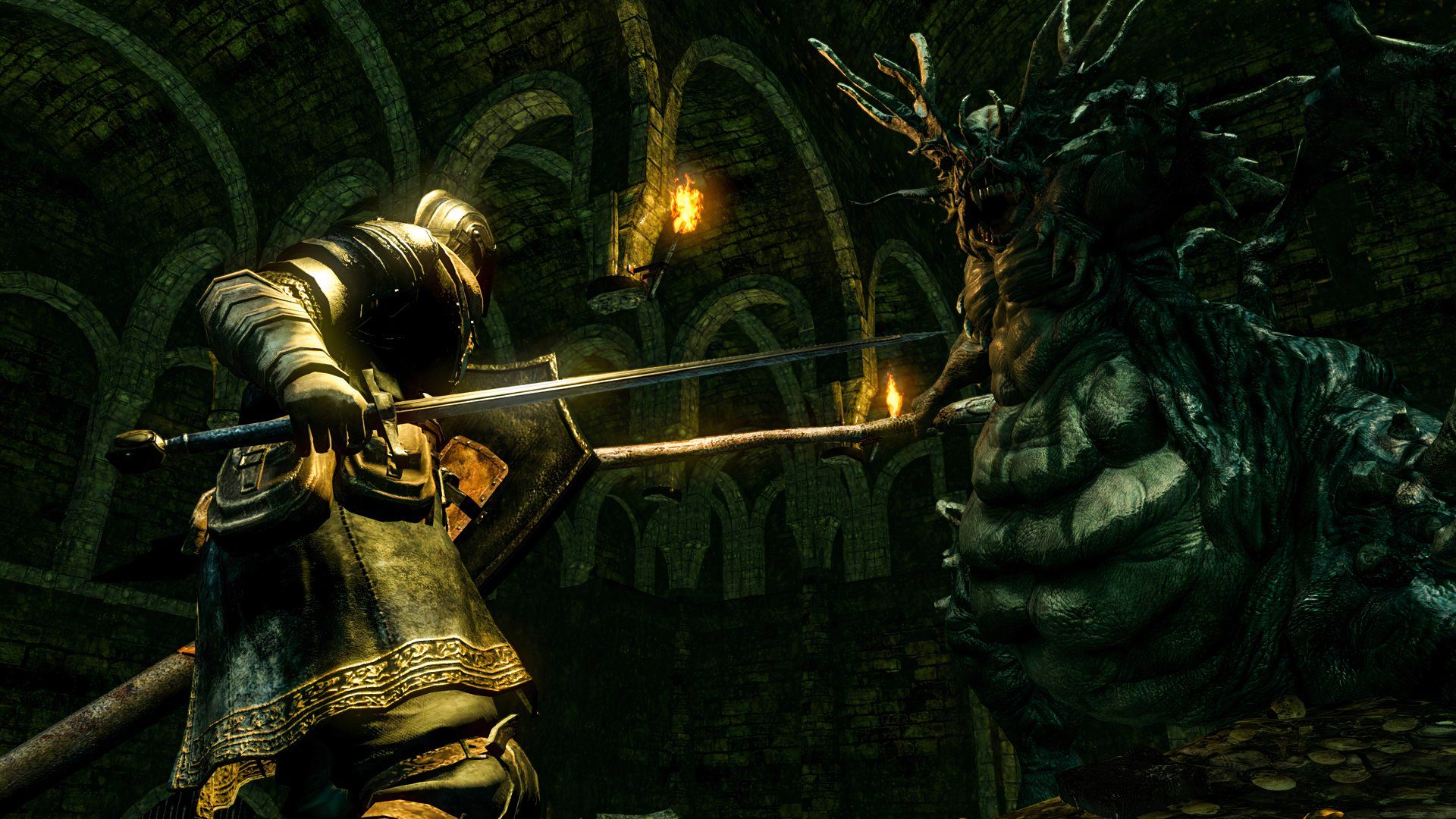
With any challenging game, your first playthrough will always be the most stressful. When you aren’t sure what lies around every corner or what enemies are waiting for you in the next room, you’re guaranteed to be on edge. Franchises like Resident Evil and Dark Souls prey on this fear of the unknown, hiding monstrous enemies and deadly traps in places that you least expect to create a powerful paranoia that sticks with you for the entire game. It doesn’t matter if you’re armed with a shotgun or greatsword, these games leave you in constant suspense over when and where you might encounter the next terrifying foe.
However, that tension vanishes on subsequent playthroughs. As you learn the layouts of levels, memorize their biggest surprises, and gradually get better at a game, the initial terror of your first playthrough is eventually replaced by a comfortable familiarity. It’s easier to progress through any game when you know exactly what’s waiting ahead, even if it’s for a brutally punishing experience like Dark Souls. This is especially true for any game that allows you to transfer items and character progression into your next playthrough, making each successive run a bit easier than the last.
Because of this, I find myself constantly returning to games that I used to think were nerve-wrackingly terrifying or soul-crushingly difficult. The Resident Evil 2 remake remains one of the scariest games I have ever played, but I’ve replayed it nearly a dozen times, either to speedrun through its multiple campaigns or slowly soak in its haunting atmosphere. Any of the dread that I originally felt from exploring the halls of the Raccoon City Police Department has since run dry, but that hasn’t made revisiting the game seem any less enticing. Even though its scares have been (mostly) defanged after multiple playthroughs, I can still enjoy Resident Evil 2 as an atmospheric adventure game—if not a traditional horror experience.
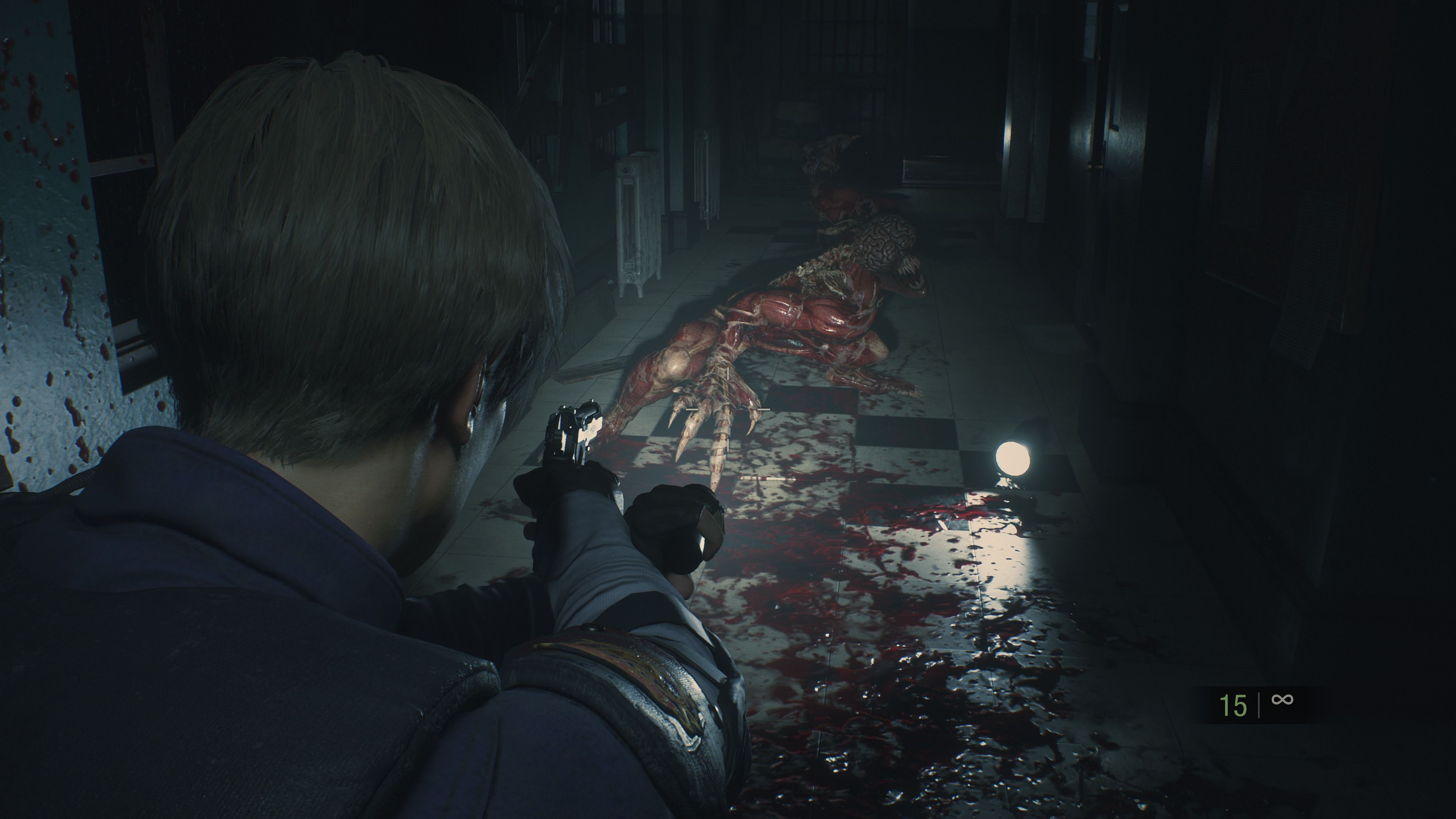
Any game will start to seem a lot less intimidating once you learn the ins and outs of its maps and mechanics. When you peel back the suspense of venturing into the unknown or learning enemy movesets for the first time, it’s easier to admire everything else about a game. FromSoftware’s Soulsborne series is infamous for its intense difficulty, but the games also feature an artistic beauty that’s easy to overlook on your first playthrough.
However, after you learn to navigate their maze-like worlds, master their punishing combat, and eventually reach the credits, later playthroughs offer a chance to marvel at the beauty of their dark fantasy worlds, experiment with different playstyles, and piece together their cryptic stories. While the Soulsborne games are still immensely difficult on subsequent playthroughs, re-experiencing them is much more relaxing when you’re finally confident enough to fully appreciate the game’s quieter moments.
It’s Easy to Find Comfort in Complexity
Understandably, not everyone has the time to endlessly replay their favorite games, but that’s not the only way to find coziness in hardcore experiences. If fast-paced action games and twitchy horror titles aren’t your thing—or you simply don’t want to wait for credits to roll before you can start relaxing—there are other stress-filled genres that can be surprisingly soothing.
Tension doesn’t always come from moment-to-moment action, and the same is true for coziness. In strategy games like Fire Emblem and XCOM, a single careless decision can have devastating consequences, as permanently losing a valuable unit can leave you woefully unprepared for later battles. Notoriously difficult RPGs like Shin Megami Tensei and Darkest Dungeon bring a similar tension to their turn-based battles, often pitting you against foes capable of crushing your party in a single turn.
Many of these games are meant to seem daunting and beginner-unfriendly at first, but learning (and potentially bending) their rules adds an element of relaxingly mundane micromanaging to these otherwise hardcore titles. Just as you might find yourself getting lost in designing the perfect farm in Stardew Valley or building the island resort of your dreams in Animal Crossing: New Horizons, I love immersing myself in the strategic planning of training units in Fire Emblem: Three Houses or recruiting new demons to defeat a difficult boss in Shin Megami Tensei V.
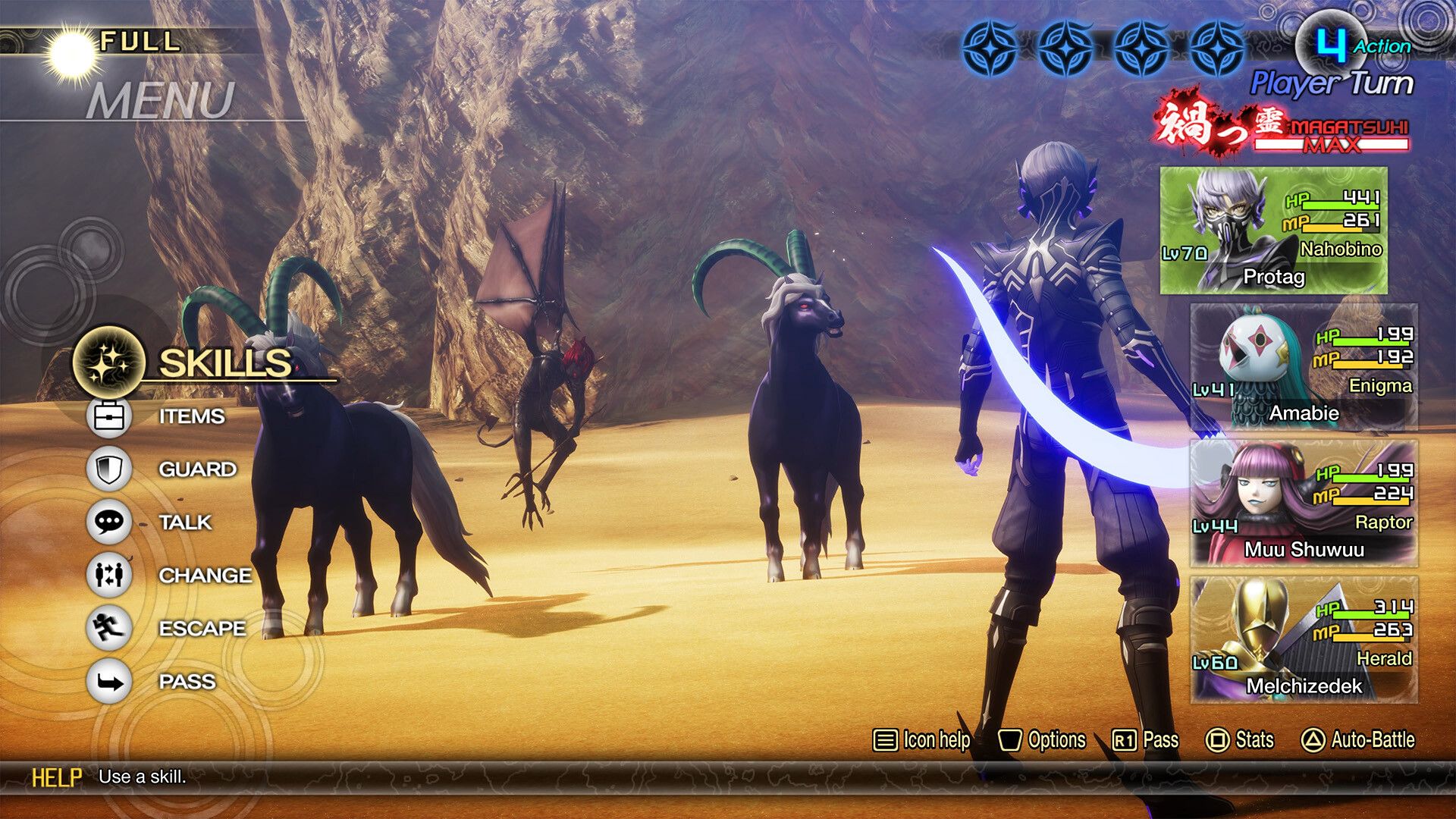
Much of the fun behind managing party builds or leveling characters into specialized roles comes from the satisfaction of finally overcoming a game’s toughest obstacles through careful planning. The Shin Megami Tensei series constantly throws you into punishing battles designed to make you constantly re-evaluate your approach to battles.
You might find yourself breezing past most enemies in one area, only to be swiftly wiped out by a boss that targets your elemental weaknesses or punishes you for not using all the spells at your disposal. Each of these sudden difficulty spikes essentially serves as a knowledge check, forcing you to regularly swap out your entire party, learn every facet of the game’s mechanics, and eventually discover how to turn any encounter into a one-sided beatdown.
Because of this, I tend to approach games like StarCraft the same way I play SimCity. For me, the appeal of stressful games doesn’t exclusively come from their tense moments; it’s about getting better at the game and turning that challenge into a cakewalk. Even if I continue to struggle with the difficulty, simply learning how to play a little bit better and applying that knowledge to my next playthrough is already half of the fun. It’s always satisfying to see a good plan come together, and equally exciting to watch it fall apart and try to unpack where it all went wrong.
What Makes Stressful Games Perfect for Relaxation?
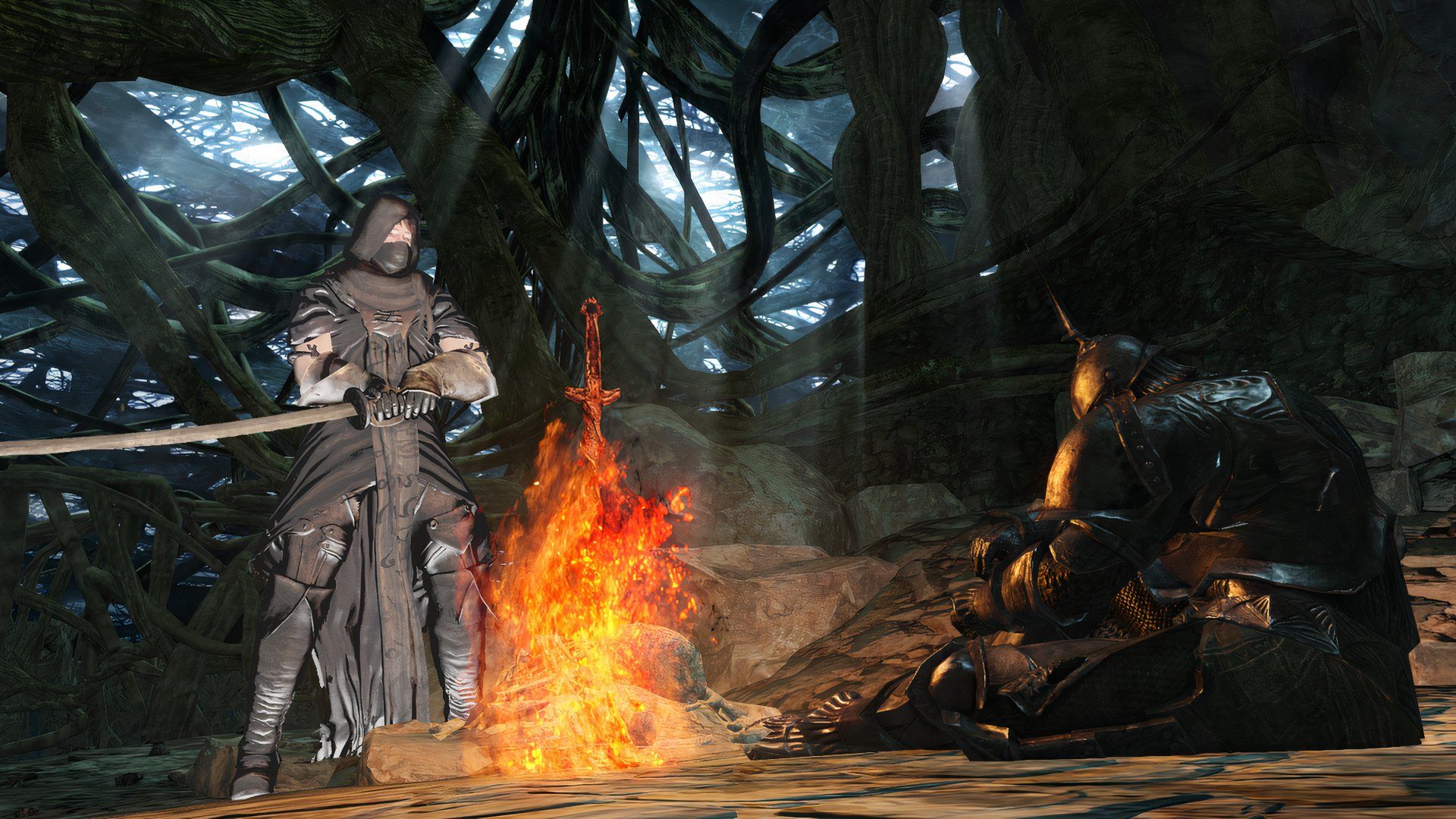
You may still be wondering why anyone would want to relax with games that are meant to be stressful, especially when there’s no shortage of traditional cozy games. Personally, I find that difficult or complex games often strike a perfect balance between calming and captivating. Although I’ve spent hundreds of hours in The Sims 3 and Stardew Valley, I’ve always preferred games with lots of action or plenty of complex strategy. Some of my favorite gaming experiences have been practicing the combat of Nioh 2, speedrunning through Resident Evil 2, or finding new exploits in Shin Megami Tensei III: Nocturne. While my first playthroughs of each of these games felt like arduous battles for survival, they’re now some of my favorite games for unwinding.
There’s a limit to how much of a traditional cozy game I can play before it loses its charm. While I still occasionally play Animal Crossing, the mundane fun of upgrading a small town or building up my own island always returns to feeling like a monotonous chore. I can still spend hours upon hours playing The Sims 3 and Stardew Valley, but I’ve already seen most of what these games have to offer. While I’ve tried to find other games to take their place, most life sims and farming games come close to replicating the sheer depth and variety of my two favorite cozy classics.
No matter how much time I spend on challenging action games and tense strategy games, I never get tired of these genres. All these games are just as relaxing, they never feel dull or repetitive. They provide just enough challenge and variety to keep me engaged, but I’m still able to comfortably sit back and relax whenever I revisit these games.
Of course, everyone has different tastes in genres, and the experiences one player finds relaxing can seem miserable for someone else. Personally, I find online-multiplayer shooters to be too hectic to be relaxing—even though I still enjoy playing them—but I know plenty of shooter fans who regard Rainbow Six: Siege and Counter-Strike 2 as their go-to comfort games.
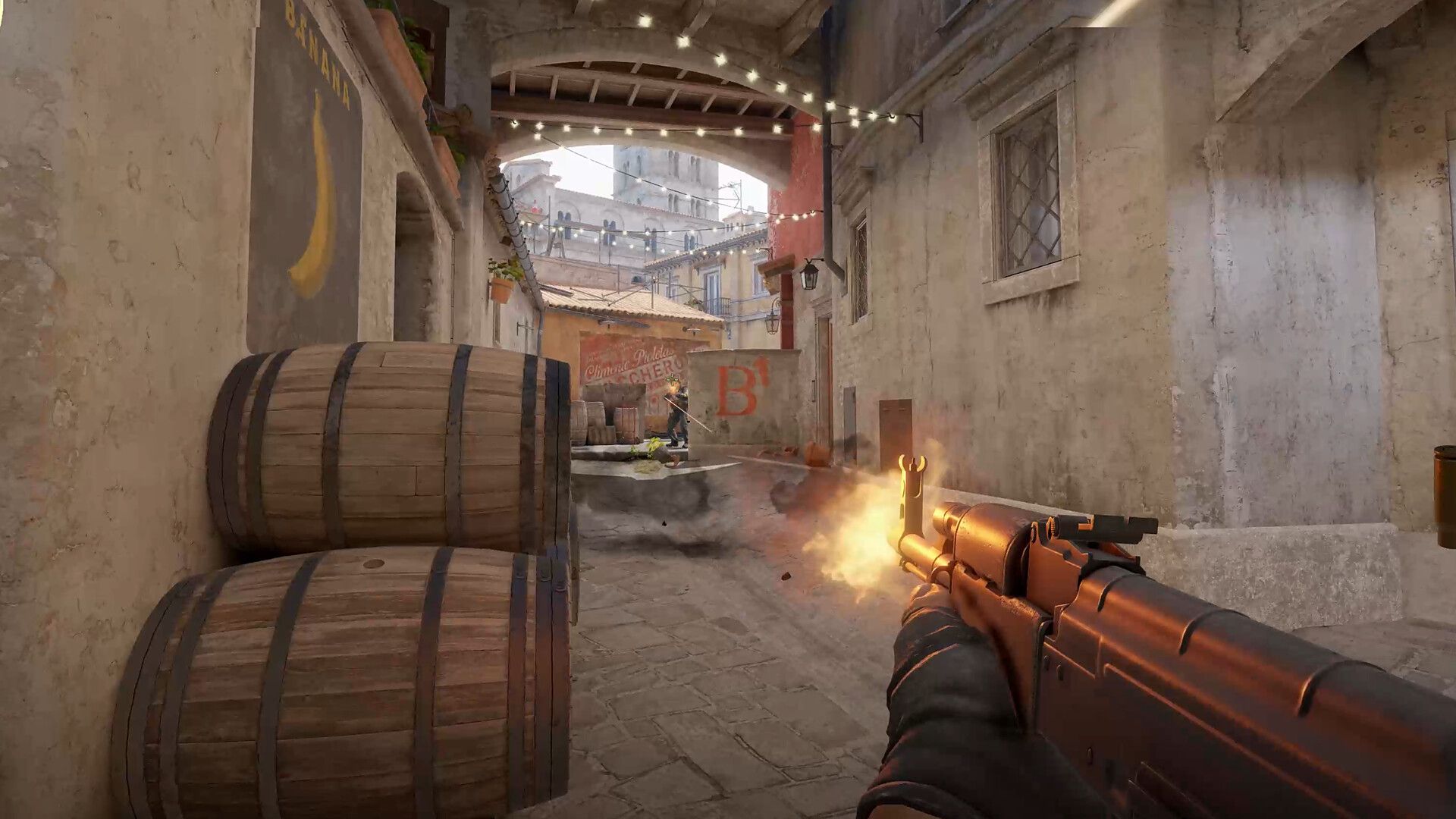
Your genre preferences will most likely differ from mine, so I can’t guarantee that any of the games I’ve mentioned will be cozy for you. However, if there’s a genre that seems intimidatingly difficult or confusingly complicated, I still highly recommend giving it a chance. I never thought I would enjoy Soulslikes or any similarly difficult action games until I finally tried Bloodborne a few years after its release. Likewise, I struggled to understand the appeal of Devil May Cry and Fire Emblem when I first started playing them, but those series eventually became some of my favorite gaming franchises of all time.
Stressful games rarely stay stressful forever. Give it enough time, and you’ll eventually reach a moment when a difficult game finally “clicks” with you. Sure, there are probably a few genres you won’t enjoy, no matter how hard you try. However, learning and overcoming a challenging game is always incredibly satisfying. There’s even a chance that one of these stress-inducers could become your next favorite stress-reliever.
Playing more stressful genres has introduced me to some of my all-time favorite games, many of which I find even more relaxing than typical cozy game series like Animal Crossing and The Sims. If you’re finding the usual cozy games to be too mundane and want something that will keep you comfortably entertained, you should give stressful games a try.
